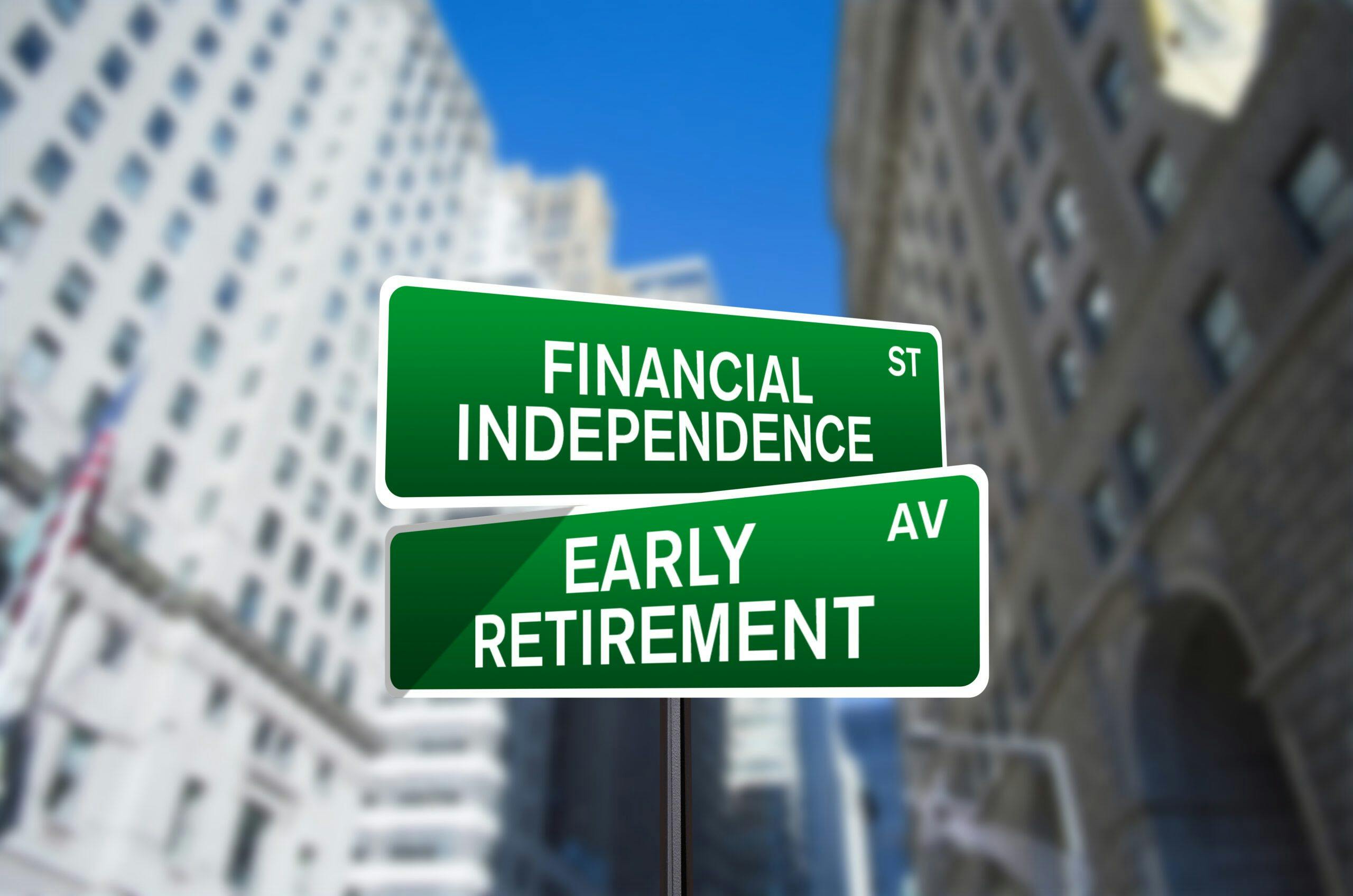How to save up to 50% of your income for a retirement in FIRE mode
By Maude Gauthier | Published on 26 Jul 2023

In April, I began to tell you about the FIRE movement, which is on the rise. Just because it’s synonymous with freedom and financial independence doesn’t mean it brings opulent wealth, but rather strong (financial) health. So what is the starting point for good financial health, with or without fire?
Your spending!
The pandemic will have taught a large number of Canadians a good lesson on the subject. Forced not to spend because everything fun was closed, they saved like never before, bringing their savings rate to 28% in 2020.
Why is it important to always keep an eye on your spending?
Spending is the sinews of war

For the FIRE movement, lifestyle inflation is THE trap to avoid in order to properly control your spending. Lifestyle inflation is the phenomenon of always wanting and consuming more as our income increases. By constantly increasing spending, we are preventing ourselves from freeing up the leeway necessary to achieve an attractive savings rate.
How would you like to save, pay off debt, and invest 30% to 70% of your net income?
To achieve this, you have to practice lifestyle deflation. Own a smaller house, get a roommate and charge rent, buy a less-expensive car, and reduce your consumption in all other areas, such as on restaurants and entertainment. You become more frugal. The principle is simple (in theory): spend less than what you earn.
It may not be possible for everyone to reduce their consumption in all of these categories, but the general idea is to be prepared to do so. First, by making a list of these things, then by building a plan that will dictate what to cut and when to do it. If you haven’t finished paying for your new furniture, when it’s done, you’ve already made the decision not to replace it with newer items.
We’re all a bit lazy at times, especially when faced with a boring task. We tend to make a budget on the corner of a table, in 15 minutes, by estimating that we spend $500 per month on groceries. Instead, take stock of all your expenses on a monthly basis using your bills, bank and credit card statements. The result will be much closer to reality. With this exhaustive and quantified list in front of you, you’ll see where your money is going and in which categories you want to cut.
Budgeting versus analyzing

In his very recent book released in 2021, Réjean Venne, a Canadian who retired before the age of 30, suggests analyzing your expenses instead of making a budget. Why ?
- To avoid budgeting pitfalls, such as feeling pressure and guilt when you impose a hard limit on yourself and end up exceeding it.
- To make strategic decisions, because from an overall perspective, you can think about making life changes that would enable a different allocation of expenses.
There are many examples. In his case, his family got rid of one of their two cars and completely eliminated childcare costs, for example.
Here are some ways to optimize certain key expense items:
- Housing: Consider co-habitation, buying a duplex or taking advantage of geographic arbitrage. A home’s price and location influence your annual taxes, as well your mode of transportation and the time spent commuting, hence the importance of analyzing rather than budgeting. What will be the impact of this choice on all the other categories?
- Transportation: Consider carsharing and carpooling, if you don’t need it every day. Buy a used vehicle and pay cash, if you can afford it. Take the time to shop around for insurance, even if you often have to spend hours of waiting and answering painful questionnaires on the phone. Think about the year, make and model of your vehicle with the cost of insurance and fuel in mind.
- Food: Young adults are known for their excessive consumption of fancy lattes and coffees. If you can do without these, your budget will thank you. Beyond the clichés, there are many benefits to shopping around for discounts offered by local grocery stores and markets. That said, you still have to live in a place where they’re accessible. If the Costco is an hour from your home, you have to wonder if the time and fuel required to drive there to shop is worth it.
Regardless of your view in relation to FIRE, these questions are interesting to consider for anyone looking to enjoy a life with healthy finances. Afterwards, you can always choose to spend more, but consciously.
Is being frugal for you?

Accumulating a million dollars is difficult, especially on a gross annual salary of $50,000, like the majority of Quebeckers. Take 50% of your 2020 net income to see by how much you should reduce your expenses. Then set a goal that you feel is realistic. So much the better if it’s 50%, but 30% is already excellent.
Frugality may be the average Canadian’s only option, but is it right for you? Limiting your purchases, respecting the environment, reusing, promoting simplicity, and spending time with your children or on projects that are important to you, does that mean anything to you? Frugal people are more likely to be successful with FIRE early in life, for the very simple reason that they spend little. Or to accomplish FIRE at all, let’s face it.
Frugality is for you if:
- You don’t have compulsory expenses that can’t be eliminated. Expenses related to a personal health or a loved one’s, for example
- You feel, in your gut, a tidal wave of consumption
- You have a strong motivation to stay the course for several years, such as spending more time with your children
- You have a good ability to find enjoyment in life’s simple things (if not, you can work on that!)
Frugality doesn’t necessarily equate to being cheap. It is not a matter of systematically choosing the cheapest option and taking advantage of the generosity of others. It means, above all, not to spend money on fleeting pleasures and to buy things with a long-term goal.
The FIRE movement is a source of inspiration to put our personal finances in order. And it starts with a cathartic exercise: digging out the axe.
Accumulating a million dollars is difficult, especially on a gross annual salary of $50,000, like the majority of Quebeckers. Take 50% of your 2020 net income to see by how much you should reduce your expenses. Then set a goal that you feel is realistic. So much the better if it’s 50%, but 30% is already excellent.
Frugality may be the average Canadian’s only option, but is it right for you? Limiting your purchases, respecting the environment, reusing, promoting simplicity, and spending time with your children or on projects that are important to you, does that mean anything to you? Frugal people are more likely to be successful with FIRE early in life, for the very simple reason that they spend little. Or to accomplish FIRE at all, let’s face it.
Frugality is for you if:
- You don’t have compulsory expenses that can’t be eliminated. Expenses related to a personal health or a loved one’s, for example
- You feel, in your gut, a tidal wave of consumption
- You have a strong motivation to stay the course for several years, such as spending more time with your children
- You have a good ability to find enjoyment in life’s simple things (if not, you can work on that!)
Frugality doesn’t necessarily equate to being cheap. It is not a matter of systematically choosing the cheapest option and taking advantage of the generosity of others. It means, above all, not to spend money on fleeting pleasures and to buy things with a long-term goal.
The FIRE movement is a source of inspiration to put our personal finances in order. And it starts with a cathartic exercise: digging out the axe.
